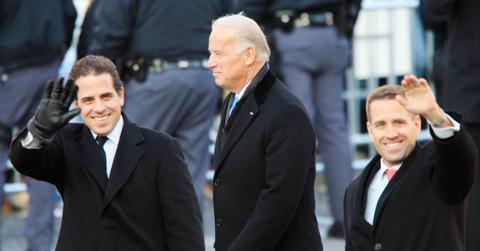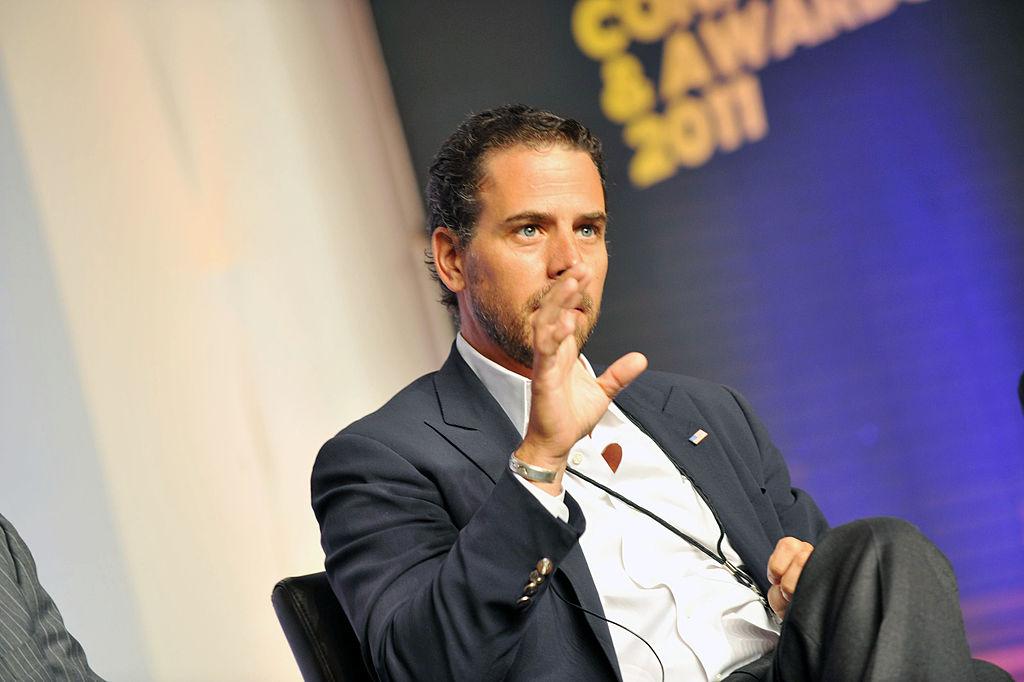Sinopec, U.S. Strategic Oil Reserves, and Hunter Biden: Connecting the Dots
The U.S. sold some oil to China’s Sinopec, which has been connected to Hunter Biden in the past. What's the controversy all about?
July 8 2022, Published 8:20 a.m. ET
Over the last year, U.S. President Joe Biden has released millions of barrels of oil from the country’s strategic oil reserves. While the oil has been released to stabilize global energy markets and lower the prices of gas, of late the oil reserve release has been controversial. The U.S. sold some oil to China’s Sinopec, which has been connected to Hunter Biden in the past.
Biden announced a release from strategic oil reserves in 2021 in coordination with other oil importers before Russia invaded Ukraine. After the invasion, Biden said that between May and October, the U.S. would release 1 million oil per day. In total, 180 million barrels of oil are to be released, which makes it the biggest drawdown on the strategic oil reserves in history.
The U.S sold oil to a subsidiary of Sinopec.
On April 1, 2022, the U.S. Department of Energy announced a “price-competitive sale” of 30 million barrels of SPR (strategic petroleum reserve) crude oil. 16 companies submitted a total of 126 bids and the Departments elected 12 companies from them for the sale. These included companies like Valero Marketing, which got the largest share of 6.85 million barrels as well as energy giants like Shell, ExxonMobil, and Chevron.
Unipec America was also awarded 0.95 million barrels of oil. It received the second-lowest quantity among the 12 companies while Equinor Marketing & Trading was at the bottom with 0.7 million barrels. Here it's worth noting that Unipec is the trading arm of Chinese state-run energy giant Sinopec.
Is there anything wrong with Sinopec getting the oil from SPR?
The Department of Energy conducted a price-competitive sale so there doesn't appear to be anything wrong with Sinopec buying oil from the U.S. strategic reserve, at least on the face of it. Also, the company only received about 3.2 percent of the total oil, which was put for sale so it isn't that China has received the lion’s share from the U.S. SPR.
Hunter Biden’s connection with Sinopec.
However, the story starts to get a little complex when we add the Hunter Biden connection. Hunter was associated with a company called BHR Partners, which held a stake in Sinopec. BHR also briefly held a stake in Chinese ride-hailing company DiDi which listed on the U.S. markets in 2021 but is now delisting under pressure from the Chinese government.
Sinopec has ties with the Chinese government and BHR Partners was registered a few weeks after Hunter accompanied his father when the latter was on an official visit to China in 2012 as the U.S. vice president. Former President Donald Trump also questioned Hunter’s business dealings with China.
Hunter’s dealings with CEFC China Energy have also been under a scanner. It was one of his most lucrative contracts with a foreign company where he earned millions of dollars. However, it's worth noting that these transactions took place after Biden demitted office as the vice president and concluded before he announced that he was running in the 2020 election.
What’s the controversy over the U.S. selling oil to a Chinese company?
There are two aspects to the U.S. selling oil to Sinopec. First, many are questioning selling the strategic oil reserves to China since the oil was meant to ease supplies for U.S. refineries. However, some of the SPR release was of grades that U.S. refineries were anyways not keen on buying.
Also, since the sale was done at competitive prices, there doesn't appear to be much wrong with Sinopec buying part of the oil. The other side of the controversy is related to Hunter’s connection with Sinopec. In November 2021, his attorney Chris Clark told The New York Times that Hunter “no longer holds any interest, directly or indirectly, in either BHR or Skaneateles.”
However, in March, the Washington Examiner found that China's National Credit Information Publicity System still lists Skaneateles, which is owned by Hunter, as owning a 10 percent stake in BHR Partners.
Biden is also looking to waive some Chinese tariffs.
President Biden is also looking to waive some tariffs on China. Easing tariffs and Hunter’s connection with Sinopec are only fueling conspiracy theories about the Biden family’s ties to China.



